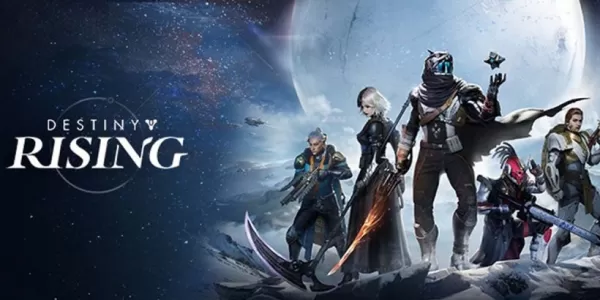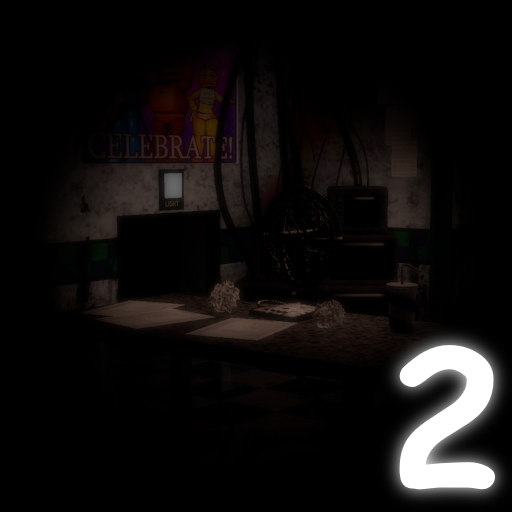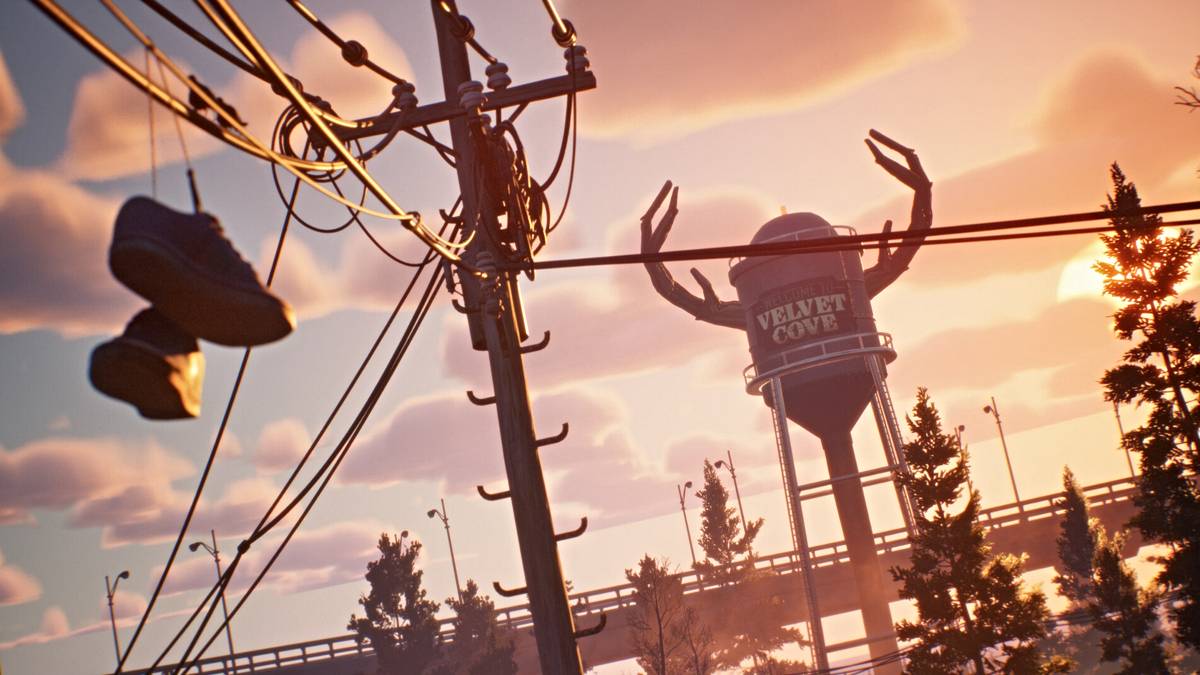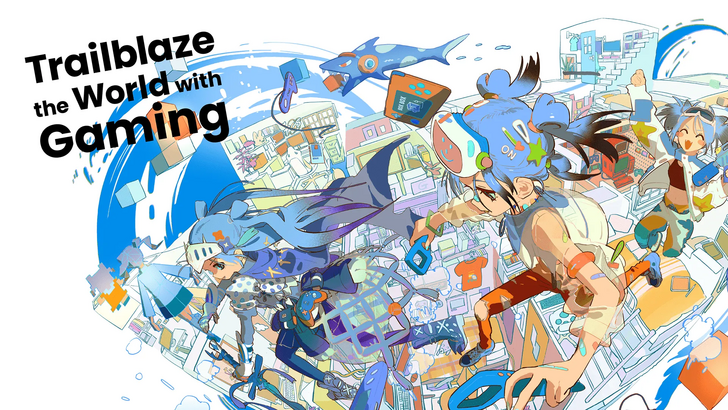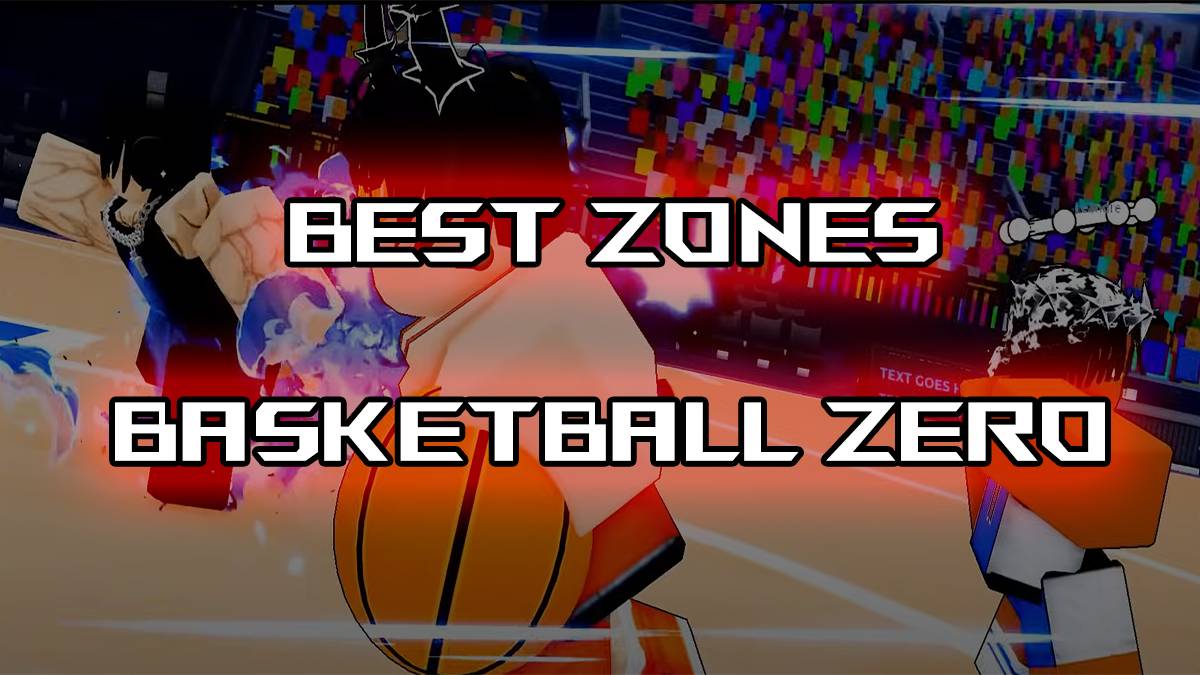The Screen Actors Guild - American Federation of Television and Radio Artists (SAG-AFTRA) has provided its members with an update on the ongoing negotiations regarding AI protections for video game actors. Despite some progress, the guild remains "frustratingly far apart" from the industry bargaining group on several crucial issues.
SAG-AFTRA has released a chart that highlights the disparities between its proposals and those of the bargaining group, which includes representatives from major AAA gaming companies. Key points of contention include:
- Protection from Digital Replicas and Generative AI: SAG-AFTRA is advocating for protections that cover all work, not just future projects. The guild wants a broad definition of "digital replica" that includes any performance, vocal or movement, "readily identifiable or attributable to" a performer. In contrast, the bargaining group prefers the narrower term "objectively identifiable," which SAG-AFTRA argues could exclude many performances.
- Inclusion of Movement Performers: SAG-AFTRA wants movement performers to be included in the generative AI agreement, a point not addressed by the bargaining group.
- Terminology for AI-Generated Performances: The guild proposes using "real-time generation" for AI-created performances, while the bargaining group suggests "procedural generation," which SAG-AFTRA believes has a different meaning in the gaming context.
- Disclosure Requirements: SAG-AFTRA seeks mandatory disclosures about blending voices for digital replicas and using voices for real-time chatbots, whereas the bargaining group has not agreed to these conditions.
- Strike Provisions: SAG-AFTRA proposes that consent for digital replicas be withdrawn during strikes, but employers want to continue using them, even on struck games.
- Duration of Consent for Real-Time Generation: The guild suggests a five-year consent period, renewable, while the bargaining group seeks unlimited consent.
- Compensation for Digital Replicas: There are disagreements on minimum payments for digital replica creation and use, though tentative agreements have been reached on bonus pay calculations.
- Bonus Rights for Employers: The bargaining group's proposal, similar to the SAG-AFTRA TV/Film agreement, would grant employers additional rights in exchange for a premium. SAG-AFTRA finds this proposal too broad and potentially circumventing union rights.
- Tracking Digital Replica Use: SAG-AFTRA wants to implement a tracking system to ensure fair compensation, but the bargaining group deems this unfeasible.
- Regulation of Synthetic Performers: There are ongoing discussions about defining and regulating characters created entirely by generative AI.
While the two groups have reached tentative agreements on issues like bonus pay, dispute resolution, and certain minimum compensation and consent requirements, SAG-AFTRA expresses concern that the bargaining employers are misrepresenting the proximity of a deal to members. Duncan Crabtree-Ireland, SAG-AFTRA's national executive director and chief negotiator, warned members about the risks of working without AI protections during the strike, emphasizing the potential for exploitation and replacement by AI.
In response, Audrey Cooling, spokesperson for the video game industry bargaining group, stated that they have proposed significant wage increases, enhanced health and safety protections, and industry-leading terms for AI digital replicas, expressing eagerness to return to negotiations.
The SAG-AFTRA video game strike, now in its eighth month, was triggered by disagreements over AI provisions, despite agreement on 24 out of 25 other contract proposals. The impact of the strike is becoming evident in games like Destiny 2 and World of Warcraft, where some NPCs remain unvoiced. Recent incidents include the recasting of characters in Call of Duty: Black Ops 6 and the replacement of voice actors in Zenless Zone Zero, as revealed in the latest patch notes.






